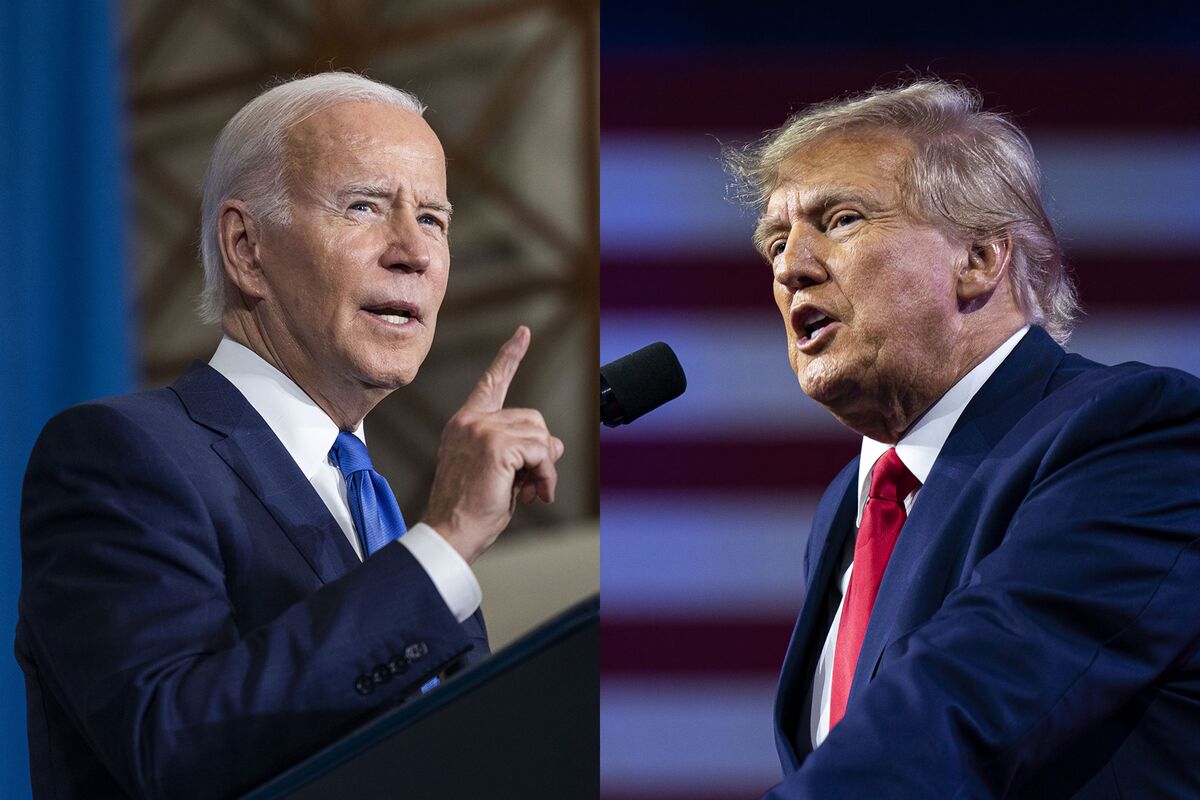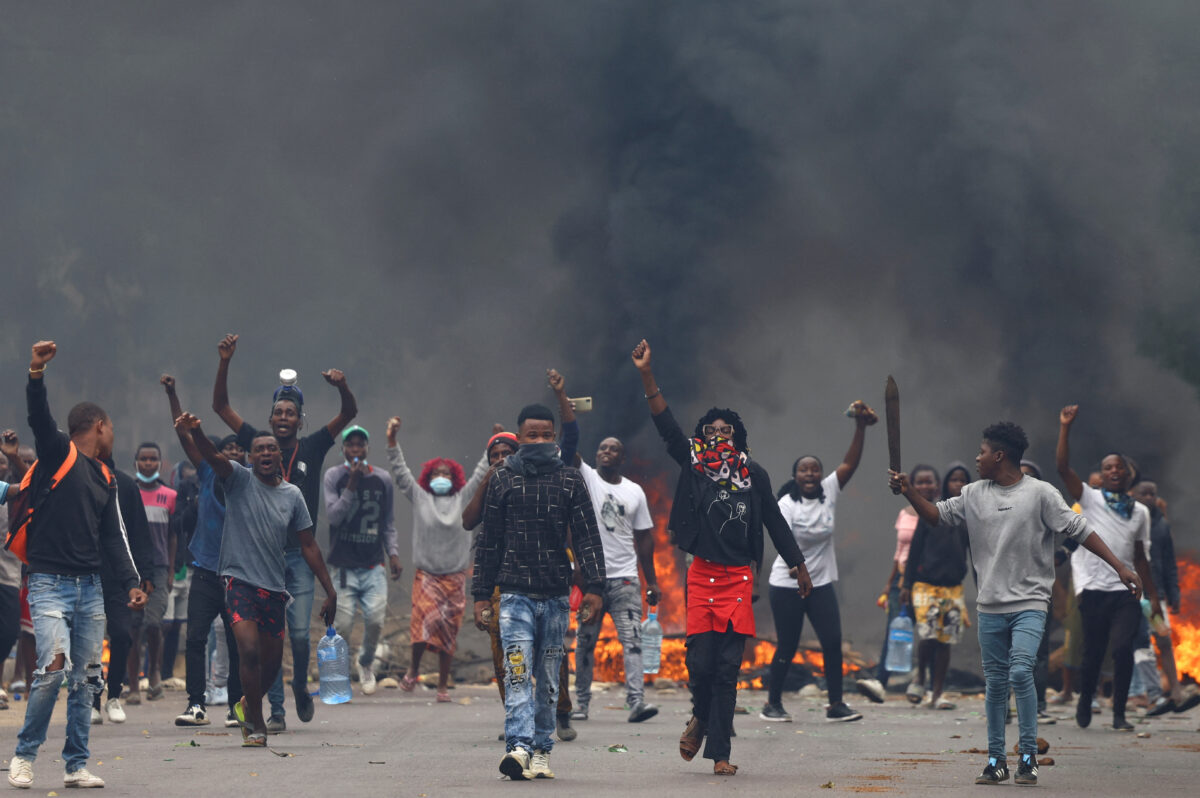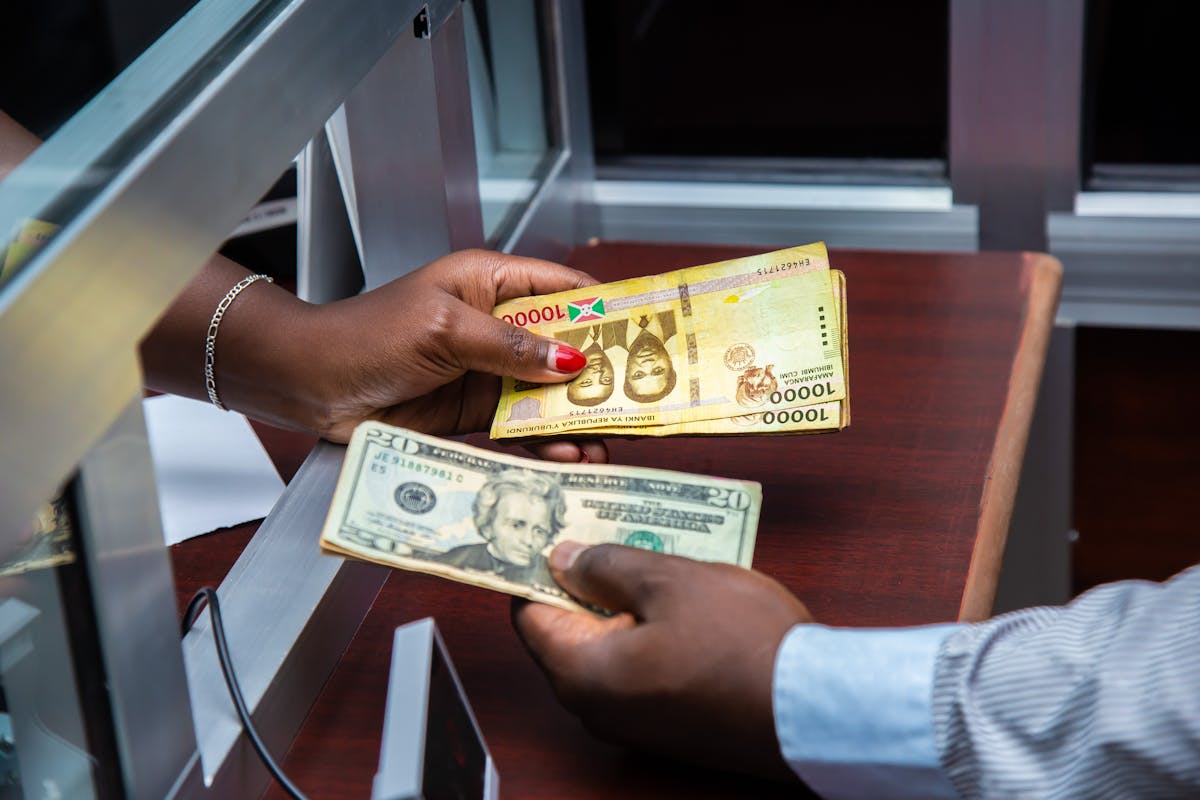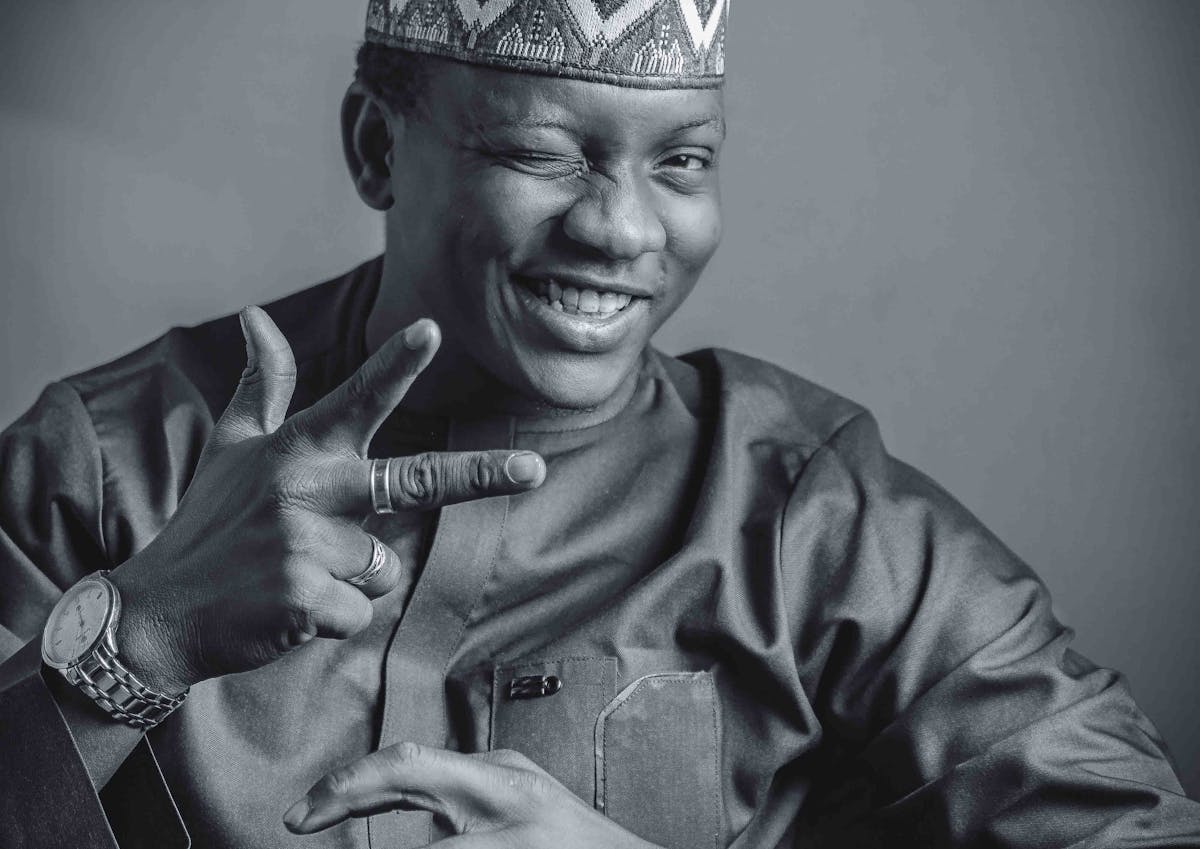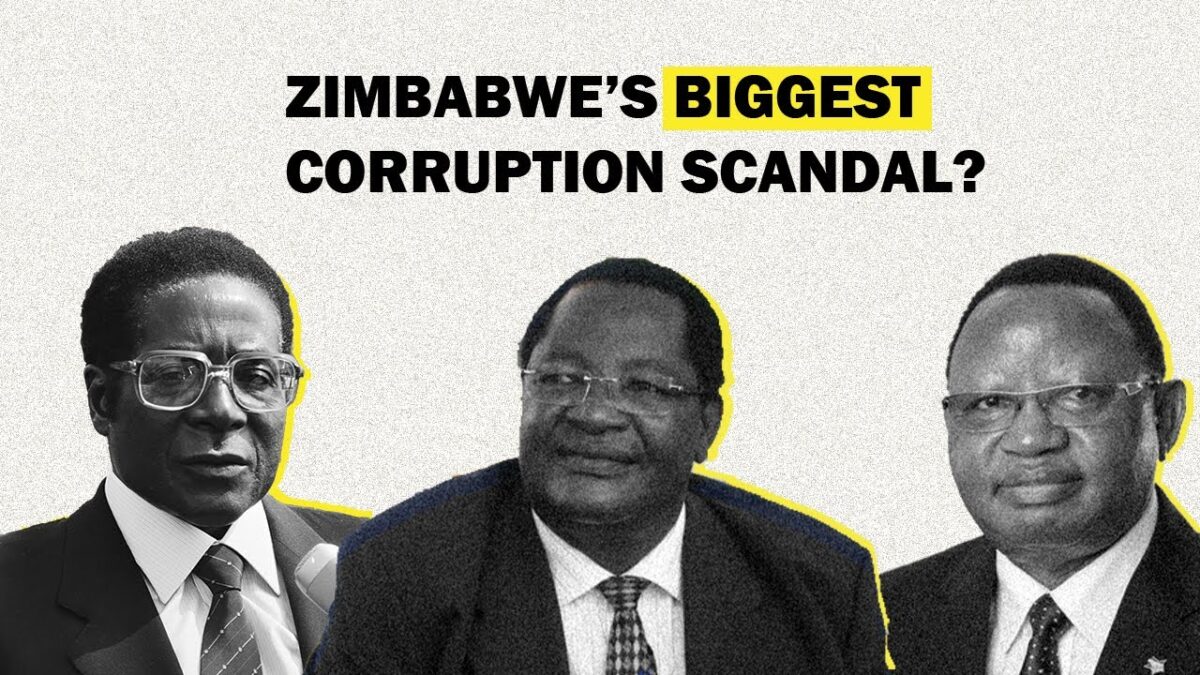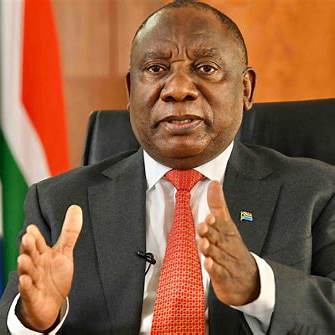
Reformist Statesman
Cyril Ramaphosa, born on November 17, 1952, in Soweto, Johannesburg, is the current President of South Africa and leader of the African National Congress (ANC). His career encompasses roles as an anti-apartheid activist, trade union leader, businessman, and politician.
Early Life and Education
Ramaphosa’s early education took place in Soweto, after which he pursued legal studies at the University of the North (now the University of Limpopo). During his university years, he became actively involved in student politics, joining the South African Students’ Organisation and the Black People’s Convention. His activism led to multiple detentions under apartheid-era laws. He later completed his Bachelor of Procurationis (B.Proc.) degree through the University of South Africa (UNISA) in 1981.
Trade Union Leadership
In 1982, Ramaphosa founded the National Union of Mineworkers (NUM), which became one of South Africa’s most influential trade unions. Under his leadership, NUM played a pivotal role in advocating for workers’ rights and was instrumental in the broader anti-apartheid movement.
Role in Ending Apartheid
Ramaphosa was a key figure in the negotiations that led to the end of apartheid. As the ANC’s chief negotiator, he worked alongside government representatives to dismantle the apartheid system and establish a democratic South Africa. He also served as the chairperson of the Constitutional Assembly, overseeing the drafting of South Africa’s post-apartheid constitution.
Business Ventures
After resigning from politics in 1996, Ramaphosa ventured into business, amassing significant wealth. He held positions such as chairman of the board for MTN, a major telecommunications company, and was involved in various sectors, including mining and fast food franchises. His business activities have been subject to scrutiny, particularly regarding labor relations and ethical considerations.
Return to Politics and Presidency
Ramaphosa returned to the political arena in 2012, being elected as the ANC’s deputy president. He served as South Africa’s Deputy President from 2014 to 2018 under President Jacob Zuma. In December 2017, he was elected President of the ANC, and following Zuma’s resignation in February 2018, Ramaphosa was elected President of South Africa. He was re-elected in May 2019 after the ANC’s victory in the general elections.
Recent Developments
In June 2024, Ramaphosa was re-elected for a second term as President of South Africa after the ANC formed a coalition government with the Democratic Alliance (DA) and other smaller parties, following the ANC’s loss of its parliamentary majority. This coalition marked a significant shift in South Africa’s political landscape, bringing together parties with differing ideologies to address national challenges.
However, the coalition has faced internal tensions, notably over foreign policy stances, such as differing views on the Russia-Ukraine conflict. These disagreements have raised questions about the coalition’s stability and its ability to govern effectively.
Economic Challenges
Under Ramaphosa’s leadership, South Africa has continued to face economic challenges, including slow growth and high unemployment rates. In October 2024, the government reduced its annual GDP growth target from 1.3% to 1.1%, reflecting ongoing economic difficulties. Despite efforts to attract investment and improve infrastructure, substantial economic improvements remain a work in progress.
International Engagements
In November 2024, Prince William visited South Africa and met with President Ramaphosa in Cape Town. The visit included discussions on conservation efforts and participation in the Earthshot Prize awards ceremony, highlighting the ongoing diplomatic relations between South Africa and the United Kingdom.
Personal Life
Ramaphosa is married to Tshepo Motsepe, a medical doctor and businesswoman. They have four children. Beyond his political and business endeavors, Ramaphosa has been involved in various philanthropic activities, focusing on education and community development.
As of November 2024, President Ramaphosa continues to navigate the complexities of leading a coalition government, addressing economic challenges, and maintaining South Africa’s role on the international stage.
Reformist Statesman
The title that best characterizes Cyril Ramaphosa is “Reformist Statesman”. This encapsulates his role as a leader intent on both political and economic reform within South Africa while navigating the complexities of a coalition government, economic challenges, and international diplomacy.
As a “reformist,” Ramaphosa is seen as someone working toward structural changes in government and society, whether by promoting transparency, reducing corruption, or implementing policies to stabilize and grow the economy. His background in trade union activism, his pivotal role in dismantling apartheid, and his return to politics after a successful business career underscore his commitment to both governance and economic reform.
As a “statesman,” Ramaphosa’s career reflects dedication to South Africa’s well-being, from his work on the country’s post-apartheid constitution to his recent diplomatic efforts and coalition-building to maintain stability and unity amid a challenging political landscape. His efforts in bridging political divides and addressing international issues position him as a statesman, fostering both national and international relationships for South Africa’s future.
Discover more from sbnn
Subscribe to get the latest posts sent to your email.



